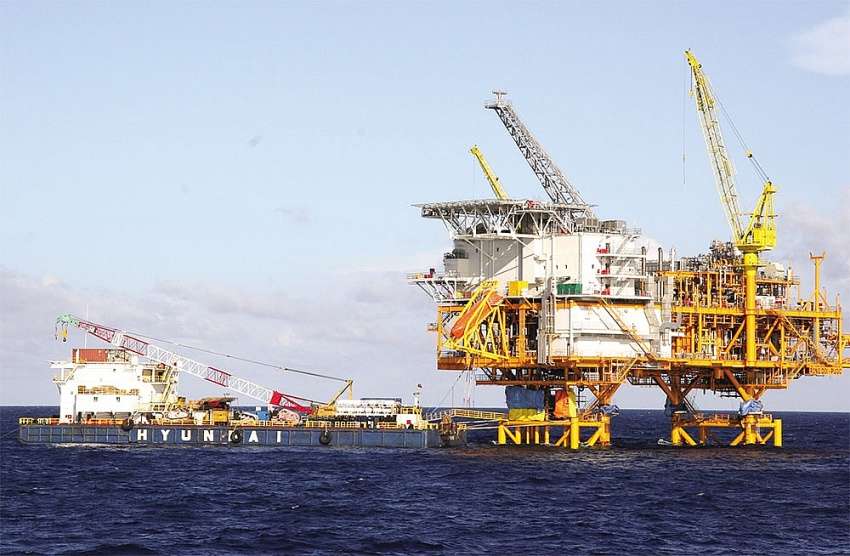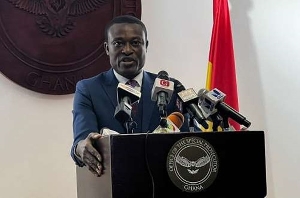American Petroleum Institute (API) President and CEO Mike Sommers has laid out the industry’s energy policy priorities to Trump, as the administration prepares to take office in January 2025.
Addressing key priorities for the next administration and Congress, Sommers emphasized leadership, homegrown energy production, and consumer choice as critical pillars to advancing commonsense energy policies that benefit all Americans.
“The 2024 election results were filled with surprises,” Sommers remarked, “but one thing stood out with remarkable clarity: You can’t be elected president without supporting American energy leadership.”
His statement highlighted a pivotal electoral trend: the public’s demand for an all-inclusive energy approach, free from restrictive government mandates.
Sommers laid out a detailed policy roadmap to address these voter priorities. At the forefront was protecting consumer choice.
He criticized the Environmental Protection Agency’s (EPA) recent moves to phase out most new gas-powered vehicles and condemned California’s waiver enabling its ambitious electric vehicle (EV) mandate.
“These heavy-handed approaches limit Americans’ freedom to choose their transportation while doing little to address real energy challenges,” Sommers argued.
The roadmap also called for lifting restrictions on liquefied natural gas (LNG) exports. Sommers urged the incoming administration to reverse the Biden-era pause on LNG export permits, a move he said would bolster U.S. energy leadership on the global stage, support domestic jobs, and strengthen alliances.
Additionally, Sommers advocated for a robust five-year offshore leasing program to replace what he described as “the weakest in history” under the Biden administration. Regular offshore lease sales, he argued, are essential to ensuring long-term investment in U.S. energy infrastructure.
The outlook for onshore energy production is equally urgent. Federal leasing for energy projects on public lands has plummeted by 91% compared to the 20-year average.
Sommers called for a return to consistent, quarterly onshore leasing and the repeal of restrictive policies that stymie development. He also urged Congress to eliminate the EPA’s natural gas tax introduced in the Inflation Reduction Act, which he described as a deterrent to investment.
Breaking Down Barriers to Infrastructure Development

Infrastructure development remains a cornerstone of Sommers’ vision for energy reform. He pointed to the nation’s convoluted federal permitting system as a major obstacle, not only for energy projects but also for roads, bridges, and pipelines.
Reforming the National Environmental Protection Act (NEPA) and preventing the misuse of the Clean Water Act to delay critical infrastructure projects are essential steps to restoring efficiency, he said.
“The oil and natural gas industry supports more than 11 million American jobs and has invested $1.6 trillion in domestic energy infrastructure since 2015.
“To maintain this advantage and ensure America remains globally competitive, we must preserve the current 21 percent corporate tax rate while extending other provisions that encourage domestic infrastructure investment.”
Mike Sommers, CEO of American Petroleum Institute
Sommers stressed that a balanced energy policy does not require sacrificing environmental progress. Instead, he argued, it must embrace the U.S.’s abundant natural resources while fostering innovation and global competitiveness.
He also noted the importance of preserving the U.S.’s ability to deliver affordable, reliable energy—values deeply rooted in the electorate’s preferences.
The election results, he said, sent a clear mandate: Washington must pivot toward policies that prioritize energy security, economic growth, and consumer freedom. This alignment is essential for addressing inflation and ensuring the U.S. maintains its leadership in the global energy market.
Sommers concluded his remarks with a call to action for policymakers. ‘The election results represent more than a political shift—they’re a mandate for commonsense energy policies that work for all Americans.”
By prioritizing consumer choice, streamlining regulations, and fostering investment in domestic energy, Sommers believes the U.S. can achieve a future of economic prosperity, energy security, and global leadership.
The next administration and Congress have a unique opportunity to listen to the American people and implement policies that embrace innovation, balance environmental goals, and deliver affordable energy. As Sommers declared, “America’s energy future depends on it.”
READ ALSO: US Slams ICC’s Arrest Warrant For Netanyahu And Gallant




















